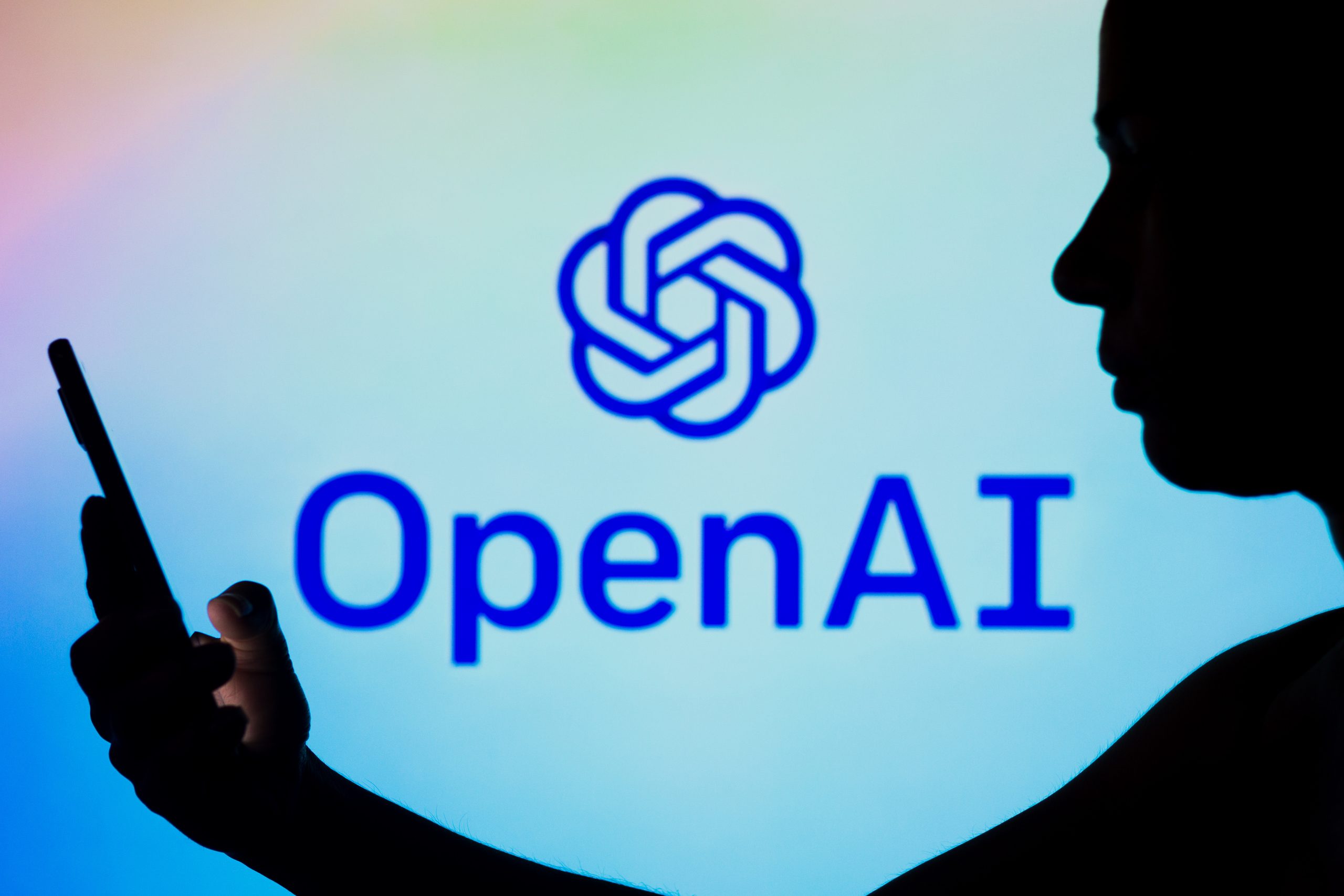OpenAI

OpenAI, the company behind ChatGPT, has raised $6.6 billion in its latest funding round, with investors such as Microsoft doubling down on their commitment to artificial intelligence (AI). This new deal has skyrocketed OpenAI’s valuation to $157 billion (£118 billion), placing it on par with financial giant Goldman Sachs and surpassing many of America’s biggest corporations. OpenAI is now one of the world’s most valuable startups.
The company stated that the fresh capital will help it stay at the forefront of AI innovation. This funding comes at a time when OpenAI has been in the spotlight due to internal leadership shifts and ongoing debates over its direction.
CEO Sam Altman is reportedly restructuring the company, transitioning it into a for-profit entity, which involves dissolving its non-profit board. While this transformation has attracted significant investment, it has also caused friction among staff and some critics, including co-founder Elon Musk. Musk, who left OpenAI in 2018, has publicly expressed concerns that the company has veered away from its original mission of developing AI for the benefit of humanity.
Read Also: Uber Ventures Into Tourism: Expanding Ride-Hailing Services for Travel
OpenAI is widely acknowledged for bringing AI tools into the mainstream, spurring a wave of investment and interest in the sector. “This new funding allows us to reinforce our leadership in frontier AI research, expand compute capacity, and continue creating tools that solve difficult problems,” the company said in a statement.
Key investors in this round include Thrive Capital, Japanese tech giant SoftBank, Nvidia, and Microsoft, which already holds a significant stake in the company. The deal includes terms allowing investors to renegotiate or withdraw their funds if the company’s shift to a for-profit model doesn’t materialize within two years or if the cap on investor returns isn’t lifted.
Despite its enormous valuation, “these are not normal times,” remarked Karl Freund, an analyst at Cambrian AI Research, noting that OpenAI is likely to remain a dominant player unless AI technology disappoints, which he views as improbable.
Currently, OpenAI boasts 250 million weekly active users and over one million paying business clients. The company is projected to generate $3.6 billion in revenue, but anticipated losses of more than $5 billion could outpace income, according to Reuters.
The company’s push to rapidly release new versions of its flagship chatbot has reportedly caused internal tensions between teams focused on research and safety and those prioritizing monetization. This friction has led to the departure of several high-profile figures, including chief scientist Ilya Sutskever and chief technology officer Mira Murati, who resigned last week after years of service. Two additional top researchers also left the same day as Murati.





